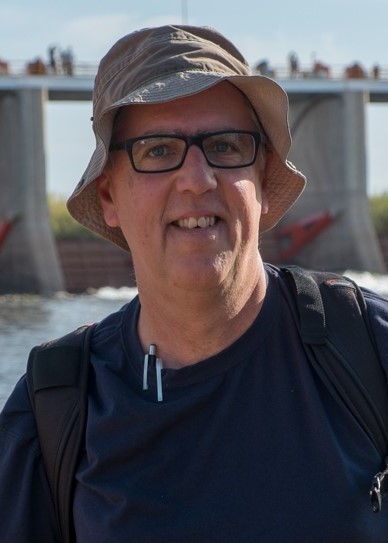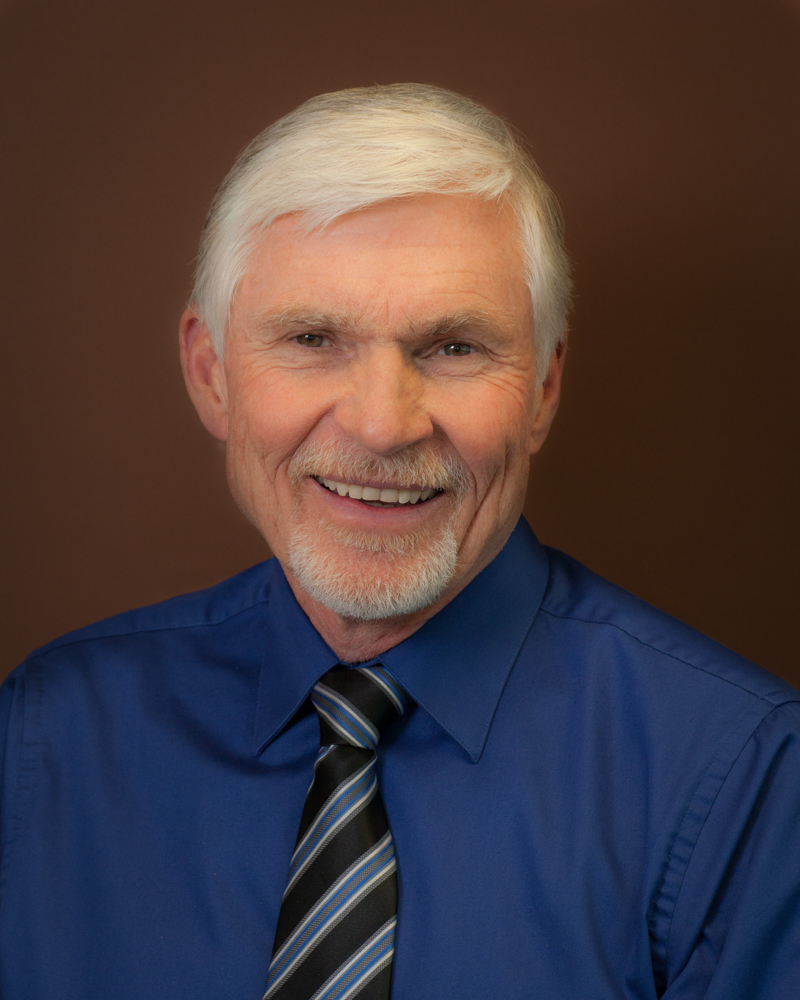Speakers

John Fleck
Director, Water Resources Program
University of New Mexico
John Fleck is Professor of Practice in Water Policy and Governance in the University of New Mexico Department of Economics and director of the university’s Water Resources Program, where he co-teaches classes in contemporary water policy issues, modeling, and technical communication for water managers. A science journalist with 30 years of newspaper experience, he first wrote about water in the 1980s as a beat reporter covering the Metropolitan Water District of Southern California. He is the author of the books Water is for Fighting Over and Other Myths About Water in the West, an exploration of solutions to the Colorado River Basin’s water problems, and co-author of Science Be Dammed: How Ignoring Inconvenient Science Drained the Colorado River.

Eric Kuhn
Retired General Manager
Colorado River Water Conservation District
Eric Kuhn is the retired General Manager of the Colorado River Water Conservation District and co-author with John Fleck of Science Be Dammed: How Ignoring Inconvenient Science Drained the Colorado River, University of Arizona Press, Fall, 2019. The Colorado River District is the largest and oldest of Colorado’s four conservation districts. It covers most of the Colorado River Basin within Colorado. Almost two thirds of the flow at Lee Ferry originates in or flows through the district. Eric started employment with the Colorado River District in 1981 as Assistant Secretary-Engineer. In 1996 he was appointed General Manager, a position he held until his retirement in 2018.
Description
In their new book Science Be Dammed: How Ignoring Inconvenient Science Drained the Colorado River, Eric Kuhn and John Fleck explain how even when clear evidence was available that the Colorado River could not sustain ambitious dreaming and planning, river planners and political operatives irresponsibly made the least sustainable and most dangerous long-term decisions. Arguing that the science of the early twentieth century can shed new light on the mistakes at the heart of the over-allocation of the Colorado River, Kuhn and Fleck delve into rarely reported early studies, showing that scientists warned as early as the 1920s that there was not enough water for the farms and cities boosters wanted to build. Contrary to a common myth that the authors of the Colorado River Compact did the best they could with limited information, they show the boosters selectively chose the information needed to support their dreams, ignoring inconvenient science that suggested a more cautious approach.
Learning Objectives
- An understanding of the early history of the hydrologic studies of the Colorado River.
- An understanding of the way in which science was used – well or poorly – in the development of the institutions with which we manage the Colorado River.
- Ideas for how we can avoid the problems that follow from ignoring inconvenient science.
Webinar Recording & PDH Certificate
Included with your webinar registration is access to a recording of the program and a fillable certificate to self-report your Professional Development Hour (PDH) credit. Your PDH certificate will be available to download once you complete the registration process and receive your confirmation email. Access to the webinar recording is available on AWRA’s Webinar Center and in the email you’ll receive from “Facilitation Team" following the webinar.